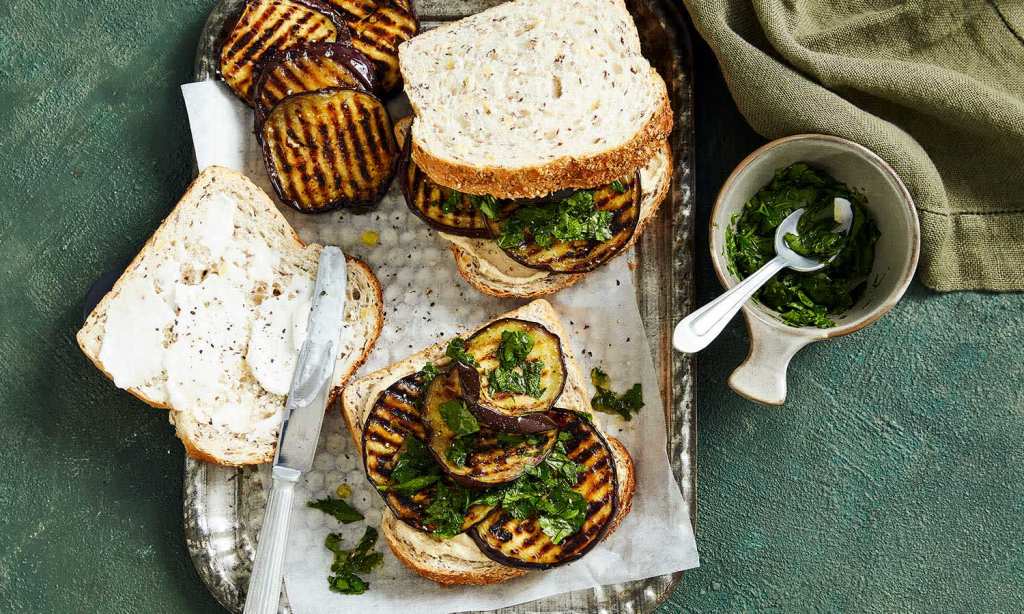The Latch has partnered with Helga’s to help you maintain optimum gut health, simply.
Gut health is important. I think we can all agree that living comfortably, with a gut that doesn’t feel fragile or upset, significantly increases our quality of life. But the gut is actually more important than you may have first thought.
There is mounting evidence that suggests the gut is closely linked to our immune system, the body’s in-built defence against bacteria, viruses, and other microbes responsible for making us sick. The gut protects us with its abundance of good bacteria (known as the microbiome) that are ready to fight off bad bugs at a moment’s notice.
In addition to this, the gut-brain connection is well-documented, whereby mental stress can manifest in an upset gut and vice versa. For example, a healthy gut is crucial for maintaining mental well-being through the production of serotonin — a biochemical that contributes to a happy mood and positive feelings overall. Interestingly, up to 90% of serotonin is produced in the gut, thanks to your gut bacteria that helps to form the building blocks for this crucial hormone.
But how do you actually achieve a healthy gut? You can start by taking good care of your microbiome, by maintaining the right balance of prebiotics and probiotics. You might have heard of probiotics — the live gut-loving bacteria found in foods like yoghurt, kefir, and fermented foods — but many aren’t as informed about prebiotics. Allow us to explain.
What Are Prebiotics?
Prebiotics are undigested dietary fibres that keep the live microbiome (probiotics) fed and healthy, so they can function optimally. Often, there’s a big focus on eating enough probiotic-rich foods for good gut health, but ensuring you’re also feeding those adequately — with prebiotics — so they can do their jobs properly, is also crucial.
How Can I Easily Eat Enough Prebiotics?
The daily recommended amount of dietary fibre for the average adult is between 25-30g, which means you’ll probably want to diversify your dietary sources throughout the day to ensure you’re getting the right amount and avoiding boredom.
Eat Plenty of Grains
Grains like oats, barley, and wholegrain bread naturally contain prebiotics, but there’s a way to increase this even further without compromising on taste or quality. Select a specially-formulated bread, for example, Helga’s Prebiotic range — which is an excellent source of fibre — to be sure that your daily prebiotic intake is taken care of with minimal effort.
We love making avocado toast in the morning or making a healthy wrap for lunch, and if we’re feeling zesty, cooking up some healthy croutons to pop on a chicken Caesar salad for dinner is particularly luxurious.
Get Fruity
One easy way to add extra prebiotics into your diet is by snacking on fruit. Not to sound like your mum about it, but finding ways to sneak in some extra fruit throughout your day by slicing a banana into your morning oats or grabbing an apple for a quick afternoon pick-me-up will help you increase your dietary prebiotics without really thinking about it. Bonus points if you hold off on peeling your fruit, too (that’s where the good stuff is, and yes, that goes for vegetables as well).
Amp Up Your Meals With Legumes
It’s easy to fall back on cooking meat and three vege for dinner after work every night because we’re tired (it’s valid!), but swapping out meat for a legume-based meal a few times a week will keep you just as full and require a similar amount of effort. One of my go-tos is this one-pot golden curry lentil soup, which is warm and hearty for winter, packed with vegetables, and takes me under half an hour to get on the table. I double the recipe so I have enough for lunch the next day, too.
Go Nuts With Nuts (and Seeds)
Nuts are one of the easiest sources of prebiotics to add to your daily meals, provided you don’t have any allergies or intolerances. Obvious ideas are adding nuts to your cereals, salads, and snacking on them throughout the day but if you’re feeling a bit more adventurous (or simply love flavour), making a batch of dukkah is a great idea. Dukkah is an Egyptian spice, nut, and seed mix that’s delicious when sprinkled on salads or even over poached eggs or morning toast. Here’s a great recipe by Yottam Ottolenghi.
To check out the entire Helga’s Prebiotics range and figure out how to incorporate it into your daily meal plan, head to the Helga’s website.
Read more stories from The Latch and subscribe to our email newsletter.







